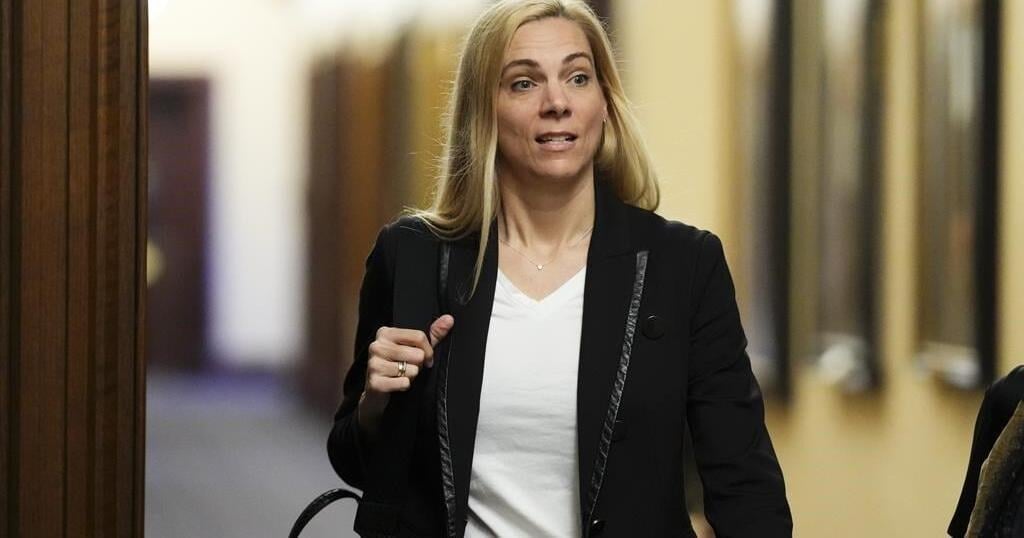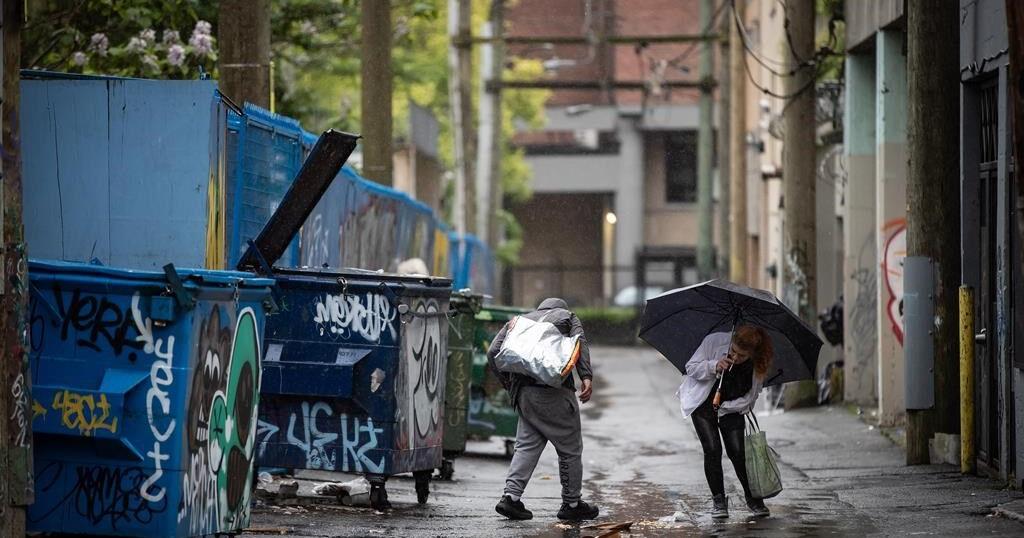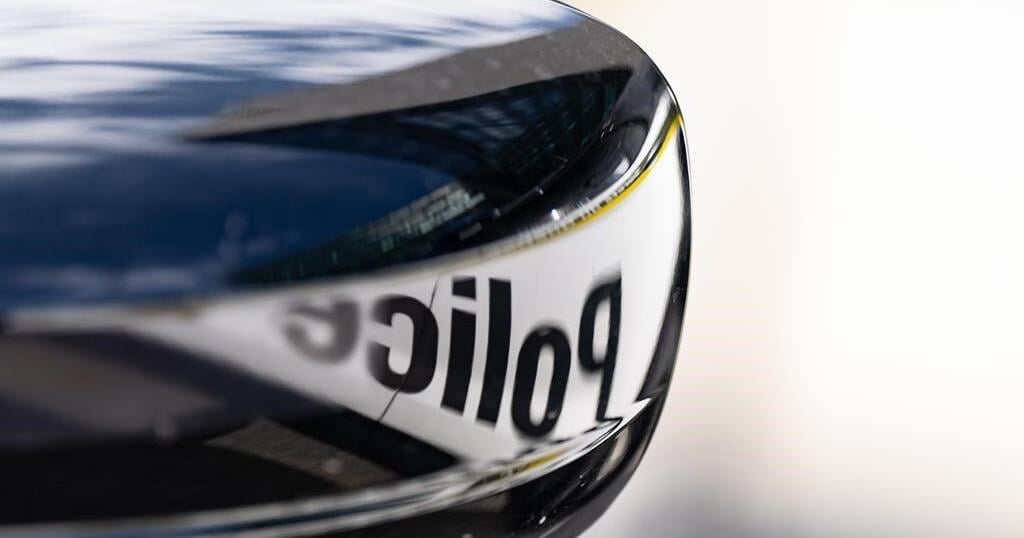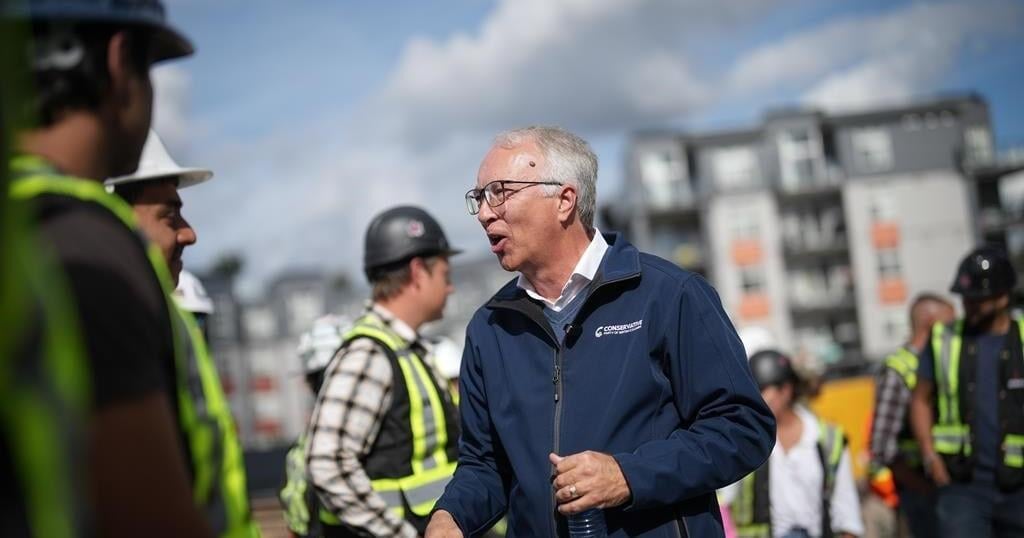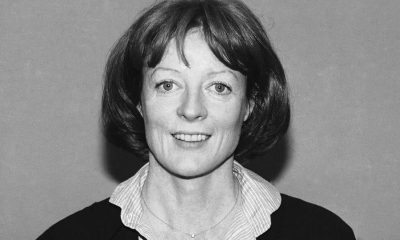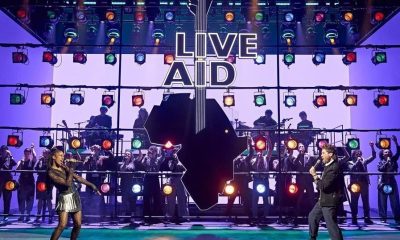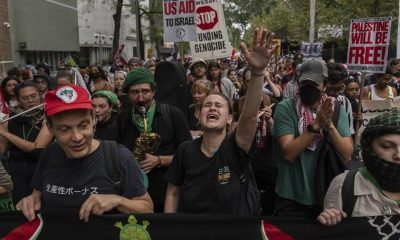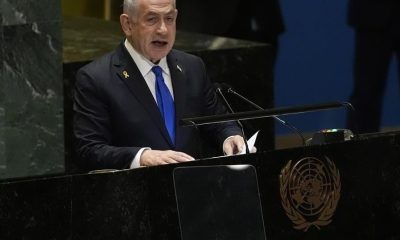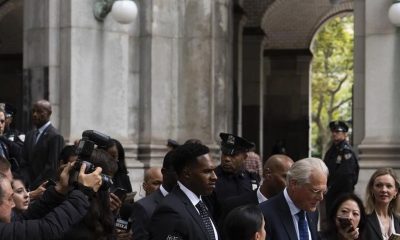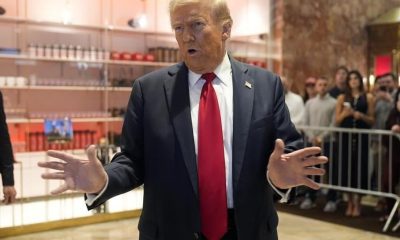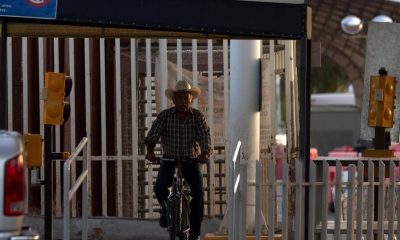OTTAWA – Canadian Heritage Minister Pascale St-Onge is set to make history by becoming the first openly lesbian cabinet minister to take parental leave when her wife gives birth in the coming weeks.
“I’m not someone who really likes to talk about myself or my personal life either,” St-Onge said in an interview with The Canadian Press.
The Quebec MP said she decided to speak publicly about her parental leave because she has “a responsibility to continue the fight” for LGBTQ rights.
St-Onge smiled as she described “the joy” of soon welcoming a baby into her life, which she described as “an incredible experience that many humans go through and that some take for granted.”
Her wife’s pregnancy is going very well, St-Onge said, with a due date in November. The timing, though unplanned, is almost perfect as the House of Commons will rise for the holidays in mid-December, she added.
St-Onge plans to leave Ottawa and work virtually starting in early November. She will be able to attend debates in the House of Commons and vote remotely, as well as take part in cabinet and ministerial committee meetings, and make decisions as a minister.
“After the birth, I’ll definitely be reducing my public presence for a few weeks, but I’ll still be voting until the House rises,” she said.
St-Onge is not naming her wife in order to protect her privacy and spare her partner from the hateful comments and emails the minister receives from people she says are “trying to silence us.” She pointed to an increase in hate crimes against LGBTQ people in Canada in recent years.
A union leader for many years, St-Onge was first elected in 2021 in the riding of Brome — Missisquoi in Quebec’s Eastern Townships. She said she’s committed to fight for people who feel abandoned, and said the Liberals want “to see our society progress and be more respectful of differences.”
St-Onge claimed that Liberal governments have been responsible for many advances in the rights of LGBTQ people in Canada, starting with the decriminalization of homosexuality in 1969 by the government of former prime minister Pierre Elliot Trudeau. At the time, Trudeau famously quipped that “there’s no place for the state in the bedrooms of the nation.”
In 2005, former prime minister Paul Martin’s Liberal government legalized gay marriage. “I got married that summer,” St-Onge said.
Since forming government in 2015, the Liberals under Prime Minister Justin Trudeau have banned conversion therapy and removed the ban on blood donations from gay men.
St-Onge accused Pierre Poilievre’s Conservatives of being “the most retrograde” party in Canada, claiming they are “very focused on religious values … and want to see the country move backward” on social issues, including abortion.
In response, the Opposition leader’s office said that St-Onge’s “outrageous claims reveal the deep desperation of Justin Trudeau and his struggling Liberals,” and said the Liberals are “lying to divert attention from the misery they have inflicted on Canadians through their disastrous policies.”
“Progress means accepting that people’s — and parties’ — views can change,” spokesperson Marion Ringuette said in an email.
She pointed to Poilievre’s first speech as Conservative leader, in which he said that Canada is a country “where it doesn’t matter who you love.”
In June 2023, he said during a press conference that he wanted to make Canada “the freest country in the world … for everybody, including gays and lesbians.”
Conservative MP Melissa Lantsman is the only other openly lesbian member of Parliament. Employment Minister Randy Boissonnault is the only other cabinet minister from the LGBTQ community.
According to the Hill Times, other LGBTQ MPs include New Democrats Blake Desjarlais and Randall Garrison, Liberals Rob Oliphant and Seamus O’Regan, and Conservative Eric Duncan.
In March 1987, former deputy prime minister Sheila Copps was the first MP in the country’s history to give birth while in office.
This report by The Canadian Press was first published Sept. 28, 2024.

